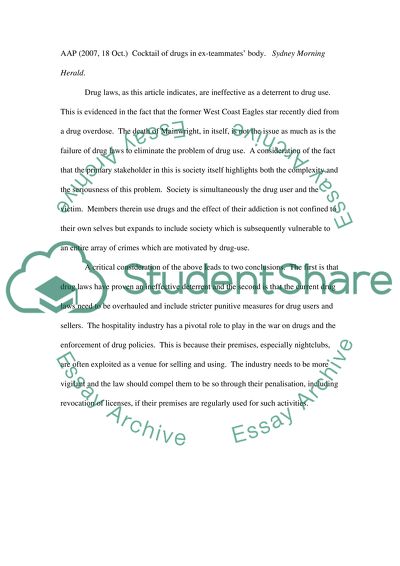Cite this document
(“Nation to Be Smoke-Free Article Example | Topics and Well Written Essays - 3250 words”, n.d.)
Nation to Be Smoke-Free Article Example | Topics and Well Written Essays - 3250 words. Retrieved from https://studentshare.org/health-sciences-medicine/1519596-legal-studies-essay
Nation to Be Smoke-Free Article Example | Topics and Well Written Essays - 3250 words. Retrieved from https://studentshare.org/health-sciences-medicine/1519596-legal-studies-essay
(Nation to Be Smoke-Free Article Example | Topics and Well Written Essays - 3250 Words)
Nation to Be Smoke-Free Article Example | Topics and Well Written Essays - 3250 Words. https://studentshare.org/health-sciences-medicine/1519596-legal-studies-essay.
Nation to Be Smoke-Free Article Example | Topics and Well Written Essays - 3250 Words. https://studentshare.org/health-sciences-medicine/1519596-legal-studies-essay.
“Nation to Be Smoke-Free Article Example | Topics and Well Written Essays - 3250 Words”, n.d. https://studentshare.org/health-sciences-medicine/1519596-legal-studies-essay.


